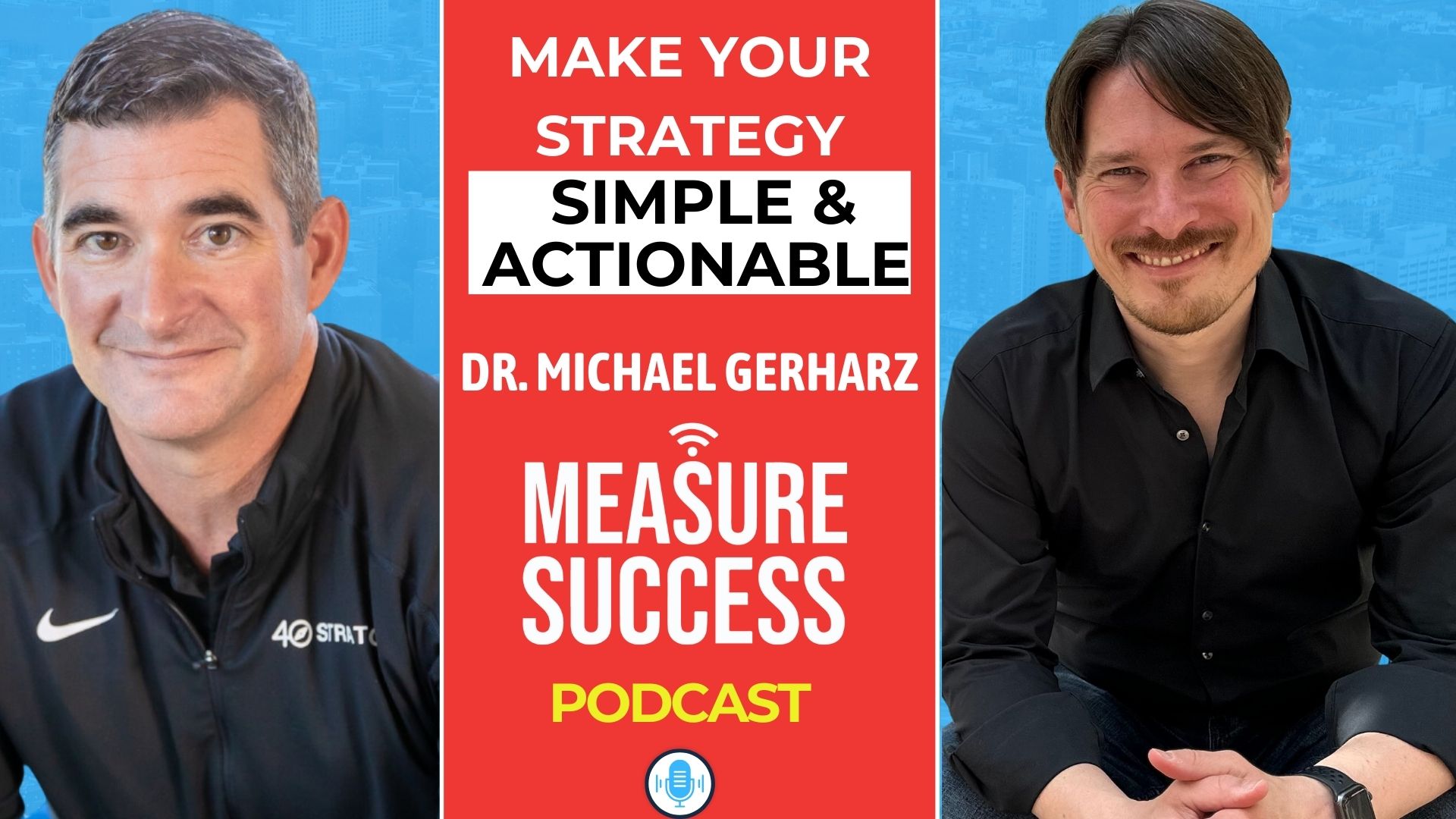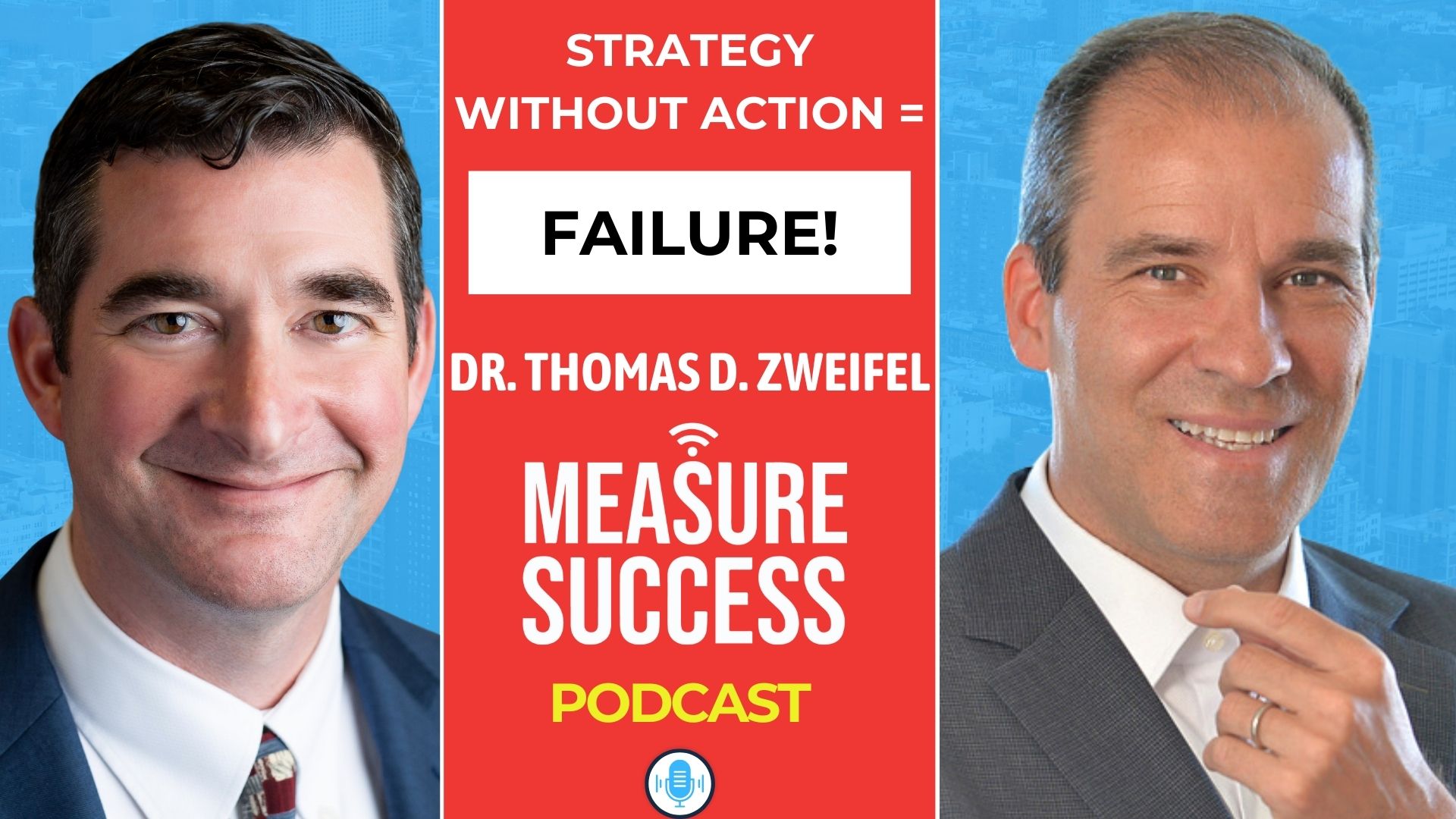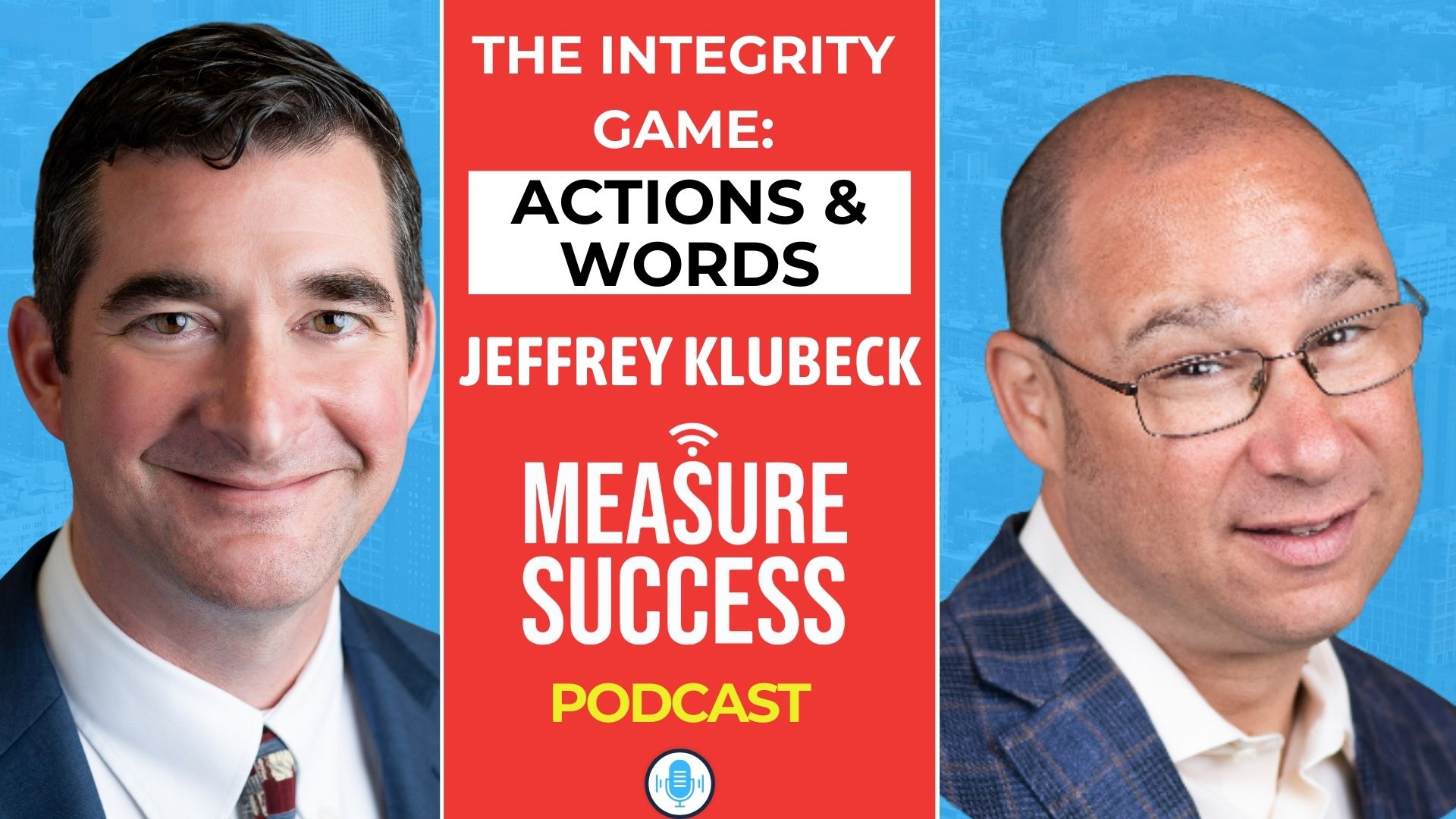
Philip has 18 years of experience selling and implementing Enterprise Resource Planning (ERP) automation and execution software. He is also a Director at Strategic Online Services Ltd, a company that specializes in providing cloud server hosting. Philip has a bachelor’s degree in business information systems from the University of Adelaide and studied marketing management at the University of South Australia.
Here’s a glimpse of what you’ll learn:
- Philip Hicks talks about his company, GovernmentFrameworks.com, and describes how its software has changed over time
- How did GovernmentFrameworks.com turn an 85 percent failure rate into a 100 percent success rate?
- Philip explains how his strategic planning software creates transparency, accountability, and trust
- How does GovernmentFrameworks.com take a typical 3-year implementation process down to 30 days?
- What is top of mind for Philip’s company, and how has its software improved in the last year?
- Philip explains how his measurement of success continues to evolve
- Where does Philip find his motivation, and how does he keep his energy levels up?
- Philip shares his book recommendations
In this episode…
Efficiency, transparency, and accountability are often referred to as key factors for success. So what’s the best way to implement them into your organization? What if an automated, web-based software could help? Wouldn’t it be great if the same software could also assist in your strategic planning, decision making, processes, report creation, and collaborations?
According to Philip Hicks, CEO, Founder, and President of GovernmentFrameworks.com, that’s exactly what his software does for government organizations. His company seeks to improve governance as a whole by helping build trust and understanding between administrations and elected officials through improved technology. GovernmentFrameworks.com also saves time for employees by automating processes, so they can focus on what’s important.
In this episode of the Measure Success Podcast, Carl J. Cox discusses strategic planning software with Philip Hicks, CEO, Founder, and President of GovernmentFrameworks.com. Philip describes how his software helps elected officials keep their jobs, why his company can take the implementation process down to 30 days, and how his software saves time through automation. Plus, Philip explains what he did to turn an 85 percent failure rate into a 100 percent success rate. Stay tuned!
Resources Mentioned in this episode
- Philip Hicks on LinkedIn
- GovernmentFrameworks.com
- Nintex
- Tom Wright on LinkedIn
- Cascade Strategy
- Strategy Beyond the Hockey Stick: People, Probabilities, and Big Moves to Beat the Odds by Chris Bradley, Martin Hirt, and Sven Smit
- The Simple Solution to Making Money in Canada by William A. Radvanyi
- 40 Strategy
- Contact 40 Strategy
- Carl J. Cox on LinkedIn
Sponsor for this episode…
This episode is sponsored by 40 Strategy.
40 Strategy provides strategic planning and consulting to help organizations realize and achieve their dreams by creating and measuring KPIs for success.
Unfortunately, most organizations only spend 2% of their time—or about 40 hours per year—on building an effective strategy.
Increasing the success of those 40 hours is what 40 Strategy does because your success is their passion—and that’s why organizations look to them for guidance.
Not only does 40 Strategy help you craft and implement an effective strategy, but they’ll also work to facilitate teams with proven practices and help with your scenario planning.
Harvard research shows that you can triple your success when you use the right Key Performance Indicators. Who doesn’t want that?
If you have questions, you can reach out through their website or email them at catch@40strategy.com.
Episode Transcript
Intro 0:03
Welcome to the Measure Success Podcast where we feature top leaders on how they measure success in their business and life. Now, let’s learn from their experiences.
Carl J. Cox 0:18
Carl J. Cox here and I’m the host of the Measure Success Podcast where I talk with top leaders about effective strategies that inspire success. This episode is brought to you by 40 Strategy and 40 Strategy. We provide strategic planning consulting to help organizations organizations realize and achieve their dreams, Philip, basically what we do is we help companies create strategic plans and measure the right KPIs for success. Unfortunately, companies only spend about 2% of their time, or about 40 hours per year building an effective strategy and I don’t know about you Philip, but I think that’s pretty crazy. To add 40 Strategy, your success is our passion. Ultimately, that’s why organizations call us to help. Not only do we come up with strategy, but we help come up with proven practices that actually work. Our research shows that when you actually do the right key performance indicators, you can triple your success and who wouldn’t want that you can email us catch like catch a ball catch@40strategy.com, or you can learn more by visiting our website at 40strategy.com. Before we talk about our guest that we have here today, I’d first like to do a shout out to Tom Wright. Tom Wright is the CEO of Cascade Strategy. And that’s where the both of us had met each other. And, and I also like to do a shout out to the rest of the Cascade team based in Sydney, Australia and Portland, Oregon. Cascade Strategy strategic planning software used to simplify the administrative effort to track your strategies for success. Now we get an opportunity to introduce our guests, Philip, Philip is Philip Hicks is the CEO and founder at GovernmentFrameworks.com. Have a local government framework, which is web based governance tool for organizations and executive leadership teams is solving the complex planning, process automation and performance reporting needs of local government. By using our framework software and managing training program, the company started in 2013 has now grown with customers in Canada, the US, Australia and New Zealand. Philip himself has a amazing background. And he’s worked with multiple companies and leading them with 18 years experience in selling and implementing ERP automation planning executive execution software. And with that, Philip, welcome to the Measure Success Podcast.
Philip Hicks 2:29
Great. Thanks for having me.
Carl J. Cox 2:31
Absolutely. So let’s get started. First, tell people a little bit more about what GovernmentFrameworks.com is.
Philip Hicks 2:38
Yeah, sure. Thanks, Carl. So a GovernmentFrameworks.com we sell an implement a number of planning and execution software strategy systems. And both you and I connected through Tom Wright at Cascade Strategy A number of years ago, and we’ve grown as a company across the world, helping local government to be able to truly demonstrate their progress through what we’ve evolved into our local government framework. So I think now our framework covers over 80 to 100 plus planning documents that we capture and report through the Cascade Software. And recently, we’ve just announced the partnership with Nintex at a global level, where we’re introducing all the process mapping and automation software into our local government framework, which is a really exciting evolution of the business and how we’re growing.
Carl J. Cox 3:24
So I’ll just share with the listeners, Philip and I, we had an interesting relationship. So I helped develop and start up the US office. And Philip was one of the key resellers for Cascade Strategy in our partner program. And we at Cascade had a tendency to really focus on the high level of strategic planning and execution. What that means is we really work with the executive leadership team, and perhaps one, sometimes two layers down. You have you actually work all the way deep and down with organizations, and you found a way to integrate that and on and honestly, I was very envious of how you did that. Help people who are listening, how did you get to get to that level of detail, where traditionally, perhaps a normal software provider wouldn’t be able to do? Yeah, sure. Look, it
Philip Hicks 4:15
was an interesting evolution as a business. What we’d found early on when we were selling and implementing strategic planning software systems, we had a failure rate of 85%, which was huge. And we knew that we had to adapt and change the way that we deliver our services and value to our clients and, and through constant consultation with our clients. What we realized that was just purely focusing on the strategic plan in the context of local government anyway, was that they did so many other things other than just a strategic plan that there was a huge disconnect between, I guess the aspirational goals are the strategic plan and the day to day operations of the organization. And there was this consistent feedback across the management teams that we worked with that they felt that they were getting, there wasn’t the recognition there. They’re great work. So their success wasn’t being reflected within the strategic plan. So that really was the catalyst for us to develop our local government framework, which allows them to demonstrate progress across the entire spectrum, right from the strategic plan all the way down to individual work plans and everything in between, through corporate planning business, departmental team, team related plans and governance related plans. So brass, coupled with that local government framework, we then introduced our training and development program where we mentor training coach and develop those managers on a monthly basis on ongoing training program that we have. And that really helped that engagement. And I talked about structured discipline and repetition helped create that new learned behavior. So that was a significant evolution in our business, and how we interact with our clients and really bring them all along for that journey.
Carl J. Cox 5:54
So you mentioned beforehand, you had about an 85% failure rate, how much have you been able to increase that? You know, or maybe 50% retention? Maybe maybe there were average that how much has that increased since applying some of this new methodologies now,
[continue to next page]













